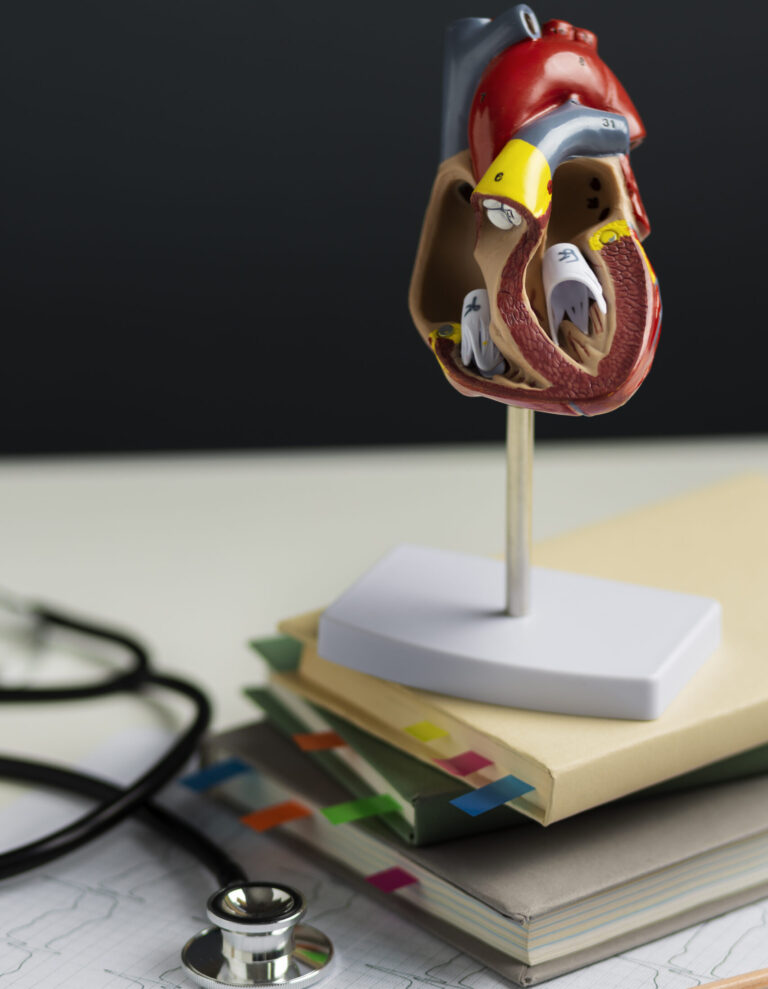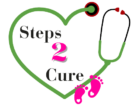Myocardial Bridge Treatment
A myocardial bridge is a band of the heart muscle that lies on top of a coronary artery, instead of underneath it. With a myocardial bridge, some portion of the coronary artery dips into and under the heart muscle and afterward returns out once more.
The coronary arteries lie on the outside of the heart. However, in individuals with myocardial bridges, at least one of the conduits goes through the heart muscle for a brief distance. The flap of the heart muscle that goes over this little part of the artery forms a “bridge.” Generally, a myocardial bridge is innocuous. Patients with a myocardial bridge have it from birth, and most never realize they have the condition.
Myocardial bridging, a congenital abnormality wherein a coronary artery route burrows through the myocardial fibers was typically viewed as a kind condition.

Symptoms
The need for this treatment largely hinges on the presence of symptoms. In some cases, approximately one-third of patients with a myocardial bridge may remain asymptomatic, even if their hearts are not receiving an adequate blood supply. Symptoms are typically attributed to myocardial ischemia and can encompass:
- Chest pain
- Chest tightness or a sensation of pressure or heaviness in the chest
- Pain radiating to the left arm or jaw
- Shortness of breath
- Profound fatigue
Myocardial bridging has been associated with various conditions, including angina, arrhythmias, reduced left ventricular function, myocardial stunning, early post-cardiac transplantation mortality, and sudden death. If you experience any of these symptoms, your physician is likely to recommend appropriate treatment.
When to access Medical Care
Seek medical attention if you observe the following symptoms:
- Chest tightness or discomfort
- Pain radiating to the left arm or jaw
- Difficulty breathing
- Persistent fatigue
Determinants of risk
In most cases, a myocardial bridge is considered benign. It is a congenital condition, present from birth, and often goes unnoticed by the majority of individuals who have it. However, some patients may develop myocardial ischemia due to the presence of a myocardial bridge.
Myocardial ischemia indicates that the heart muscle isn’t receiving an adequate supply of oxygen-rich blood. This occurs because, during the contraction phase of the heartbeat, the bridge of the heart muscle can compress the underlying artery, narrowing it and reducing blood flow.
Fortunately, the majority of blood circulation within the heart predominantly occurs during the relaxation phase of the heartbeat, rather than during the contraction phase. Nevertheless, the constriction caused by the bridge on the artery can still lead to a reduction in blood flow significant enough to cause myocardial ischemia, particularly during periods of physical exertion or when the heart is beating rapidly.
Recovery process
Recovery duration varies, contingent on factors like patient characteristics, chosen procedure, and the extent of severity.
Why entrust your care to us?
At Steps 2 Cure, our foundation of trust is built upon several key pillars that ensure your confidence in our services and expertise. Our team comprises highly qualified professionals with extensive experience in their respective fields. Their knowledge and skills enable us to offer you the best possible care and solutions for your medical needs. We understand that each individual is unique, and so are their healthcare requirements.
That’s why we prioritize tailoring our treatments and approaches to your specific circumstances, ensuring that you receive care that is truly designed for you. You are at the heart of everything we do. Your comfort, concerns, and aspirations guide our efforts. Our compassionate approach ensures that you feel valued and supported throughout your healthcare experience.
To commence the treatment procedure, you can start by forwarding your questions via WhatsApp at (+91 99xxxxxxxxx) or by sending an email to care@steps2cure.com. Our team will ensure a swift response to your queries.
Heart Transplant
Left Ventricular Assist Device (LVAD)
Still have a Query?
Your health and peace of mind matter to us, and we’re dedicated to addressing any inquiries you may have with care and expertise. Feel free to reach out.
Subsribe To Our Newsletter
Stay in touch with us to get latest news and special offers.

